
10 Species Found Nowhere Else: The Endemic Life of Espíritu Santo Island
Espíritu Santo Island, located just off the coast of La Paz in Baja California Sur, is more than a UNESCO-protected paradise—it’s a living laboratory of evolution. Isolated from the mainland by both sea and time, the island has become home to a remarkable array of species that exist nowhere else on Earth. These endemic creatures have adapted to the island’s arid climate, rocky terrain, and surrounding turquoise waters in fascinating ways. Here are ten of the most unique species that make Espíritu Santo truly one-of-a-kind.
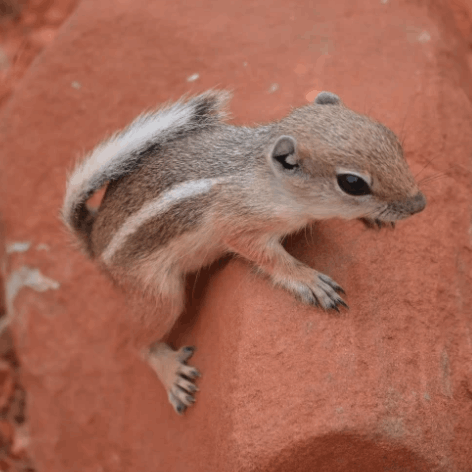
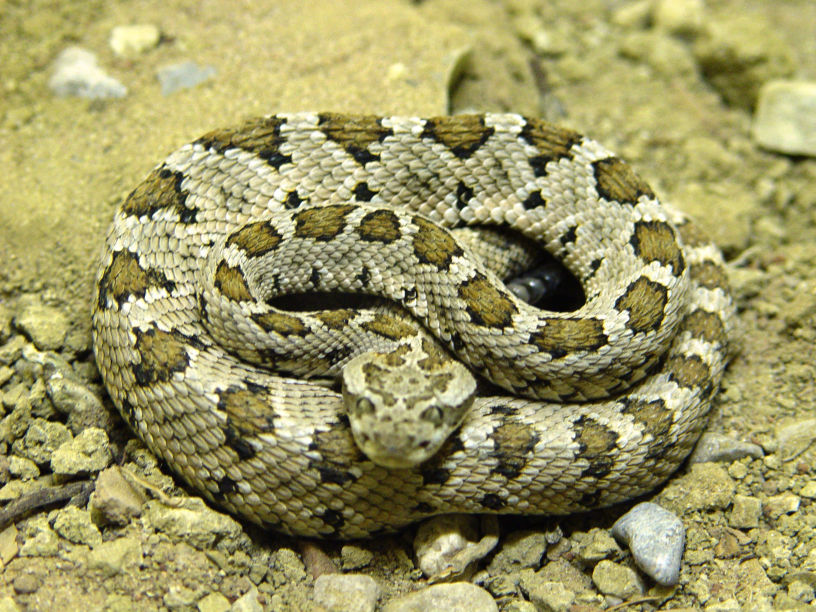
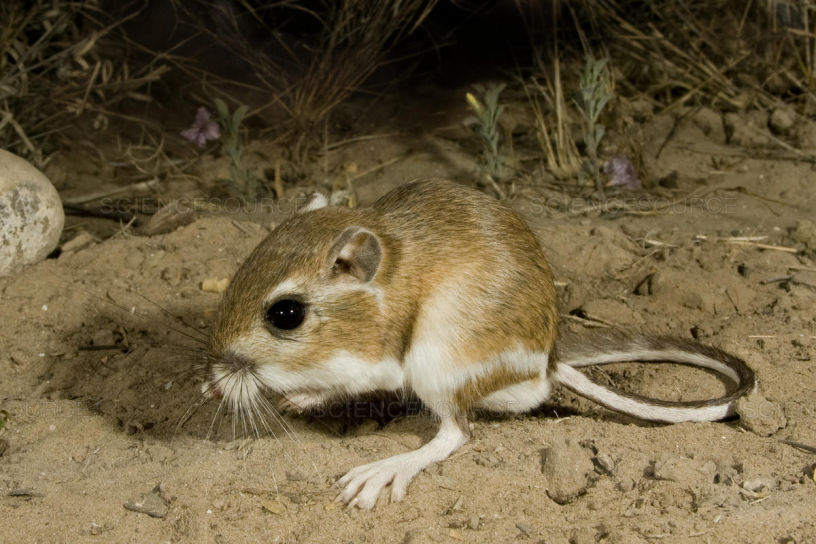
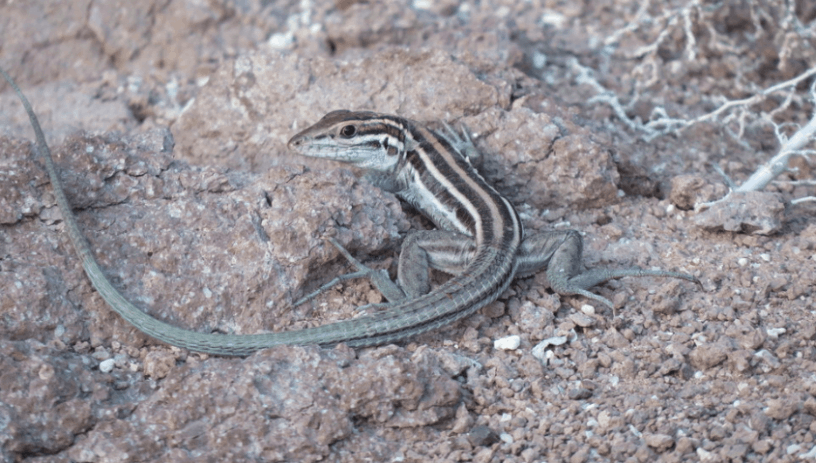
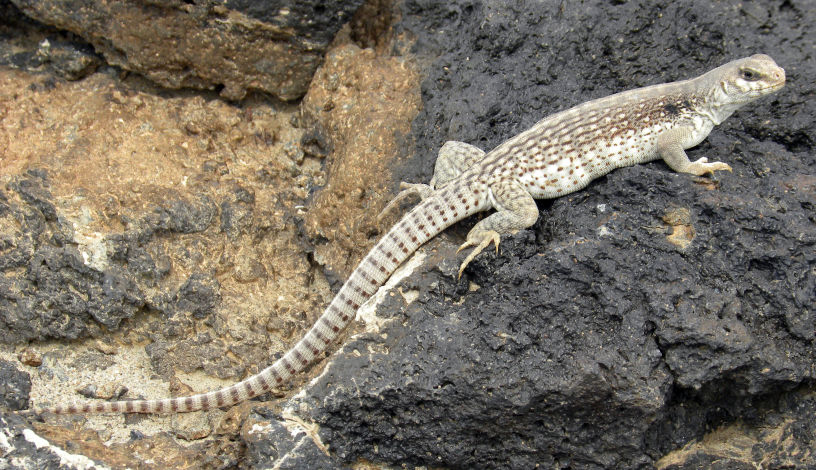
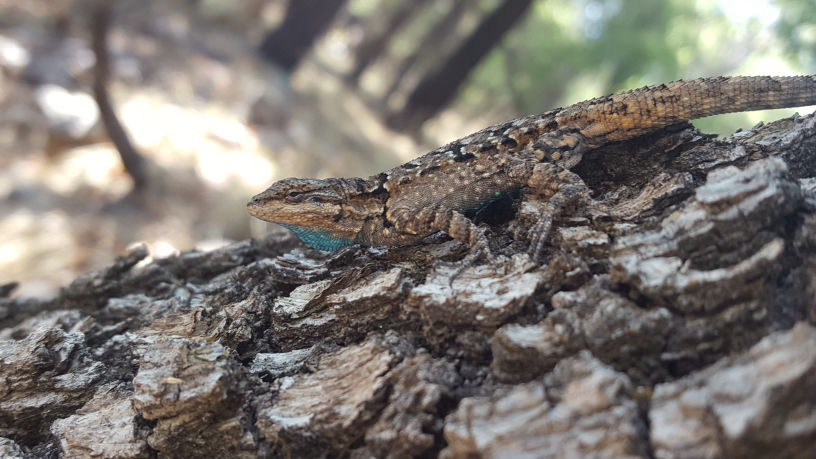
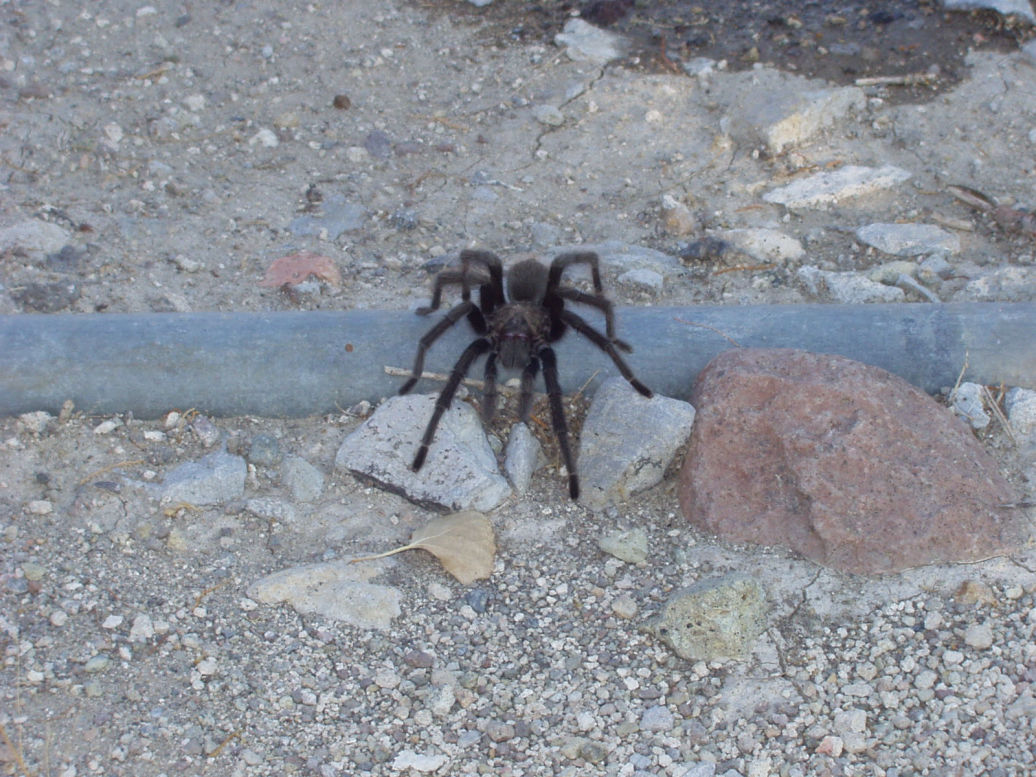

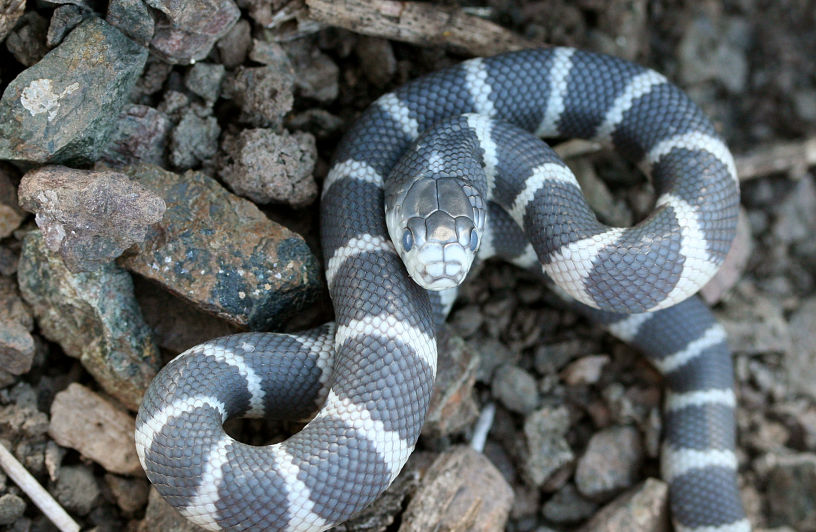
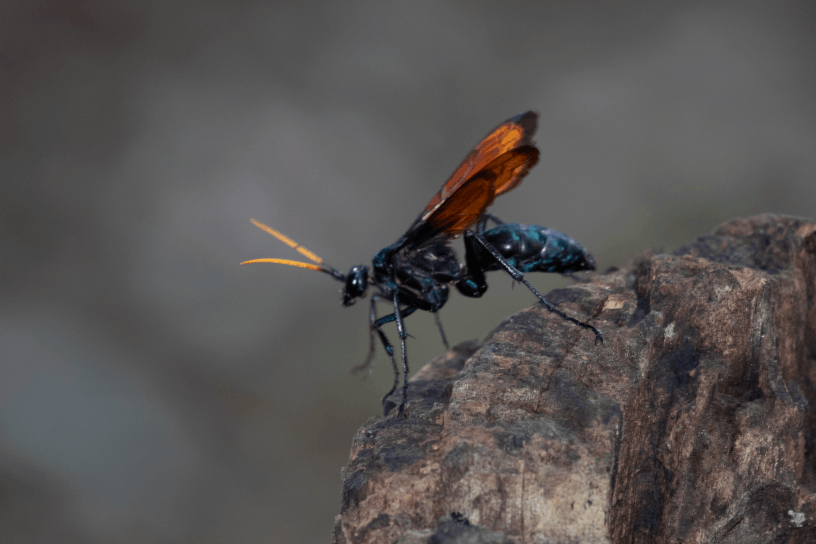

Follow Us